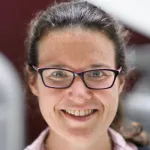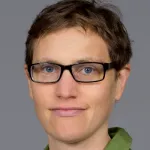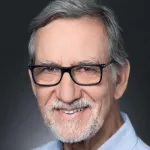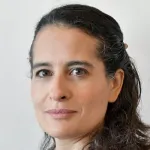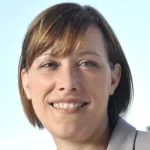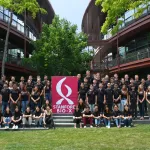Stanford Bio-X Frontiers in Interdisciplinary Biosciences Seminar: Dynamics of 3D Cell Migration and Organogenesis
Stanford bio-X Frontiers in Interdisciplinary Biosciences Seminar
Dr. Kenneth Yamada's group's overall research goals are to discover novel mechanisms and regulators of cell interactions with the extracellular matrix and their roles in craniofacial development and disease pathogenesis. The mechanobiology underlying cell migration, spatially regulated deposition of matrix, and sculpting of initially unorganized cells into complex branched organs are being characterized and experimentally manipulated using mouse embryonic organ culture and 3D human cell and spheroid models. These studies provide unexpected new insights into the dynamic forces and specific molecules involved in 3D cell migration and the remodeling of epithelial cells into 3D embryonic tissue architecture.


